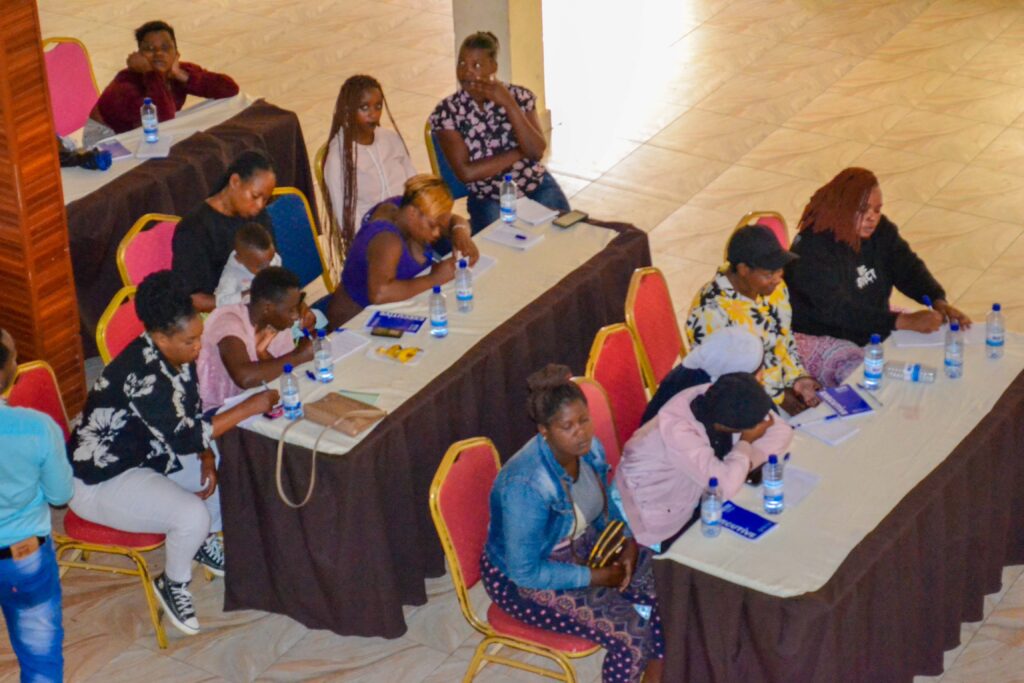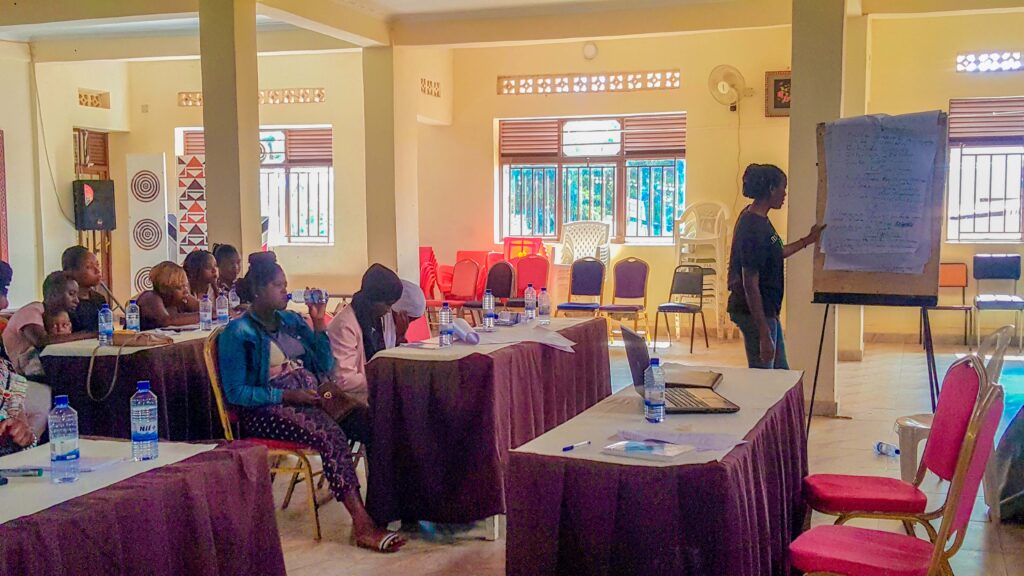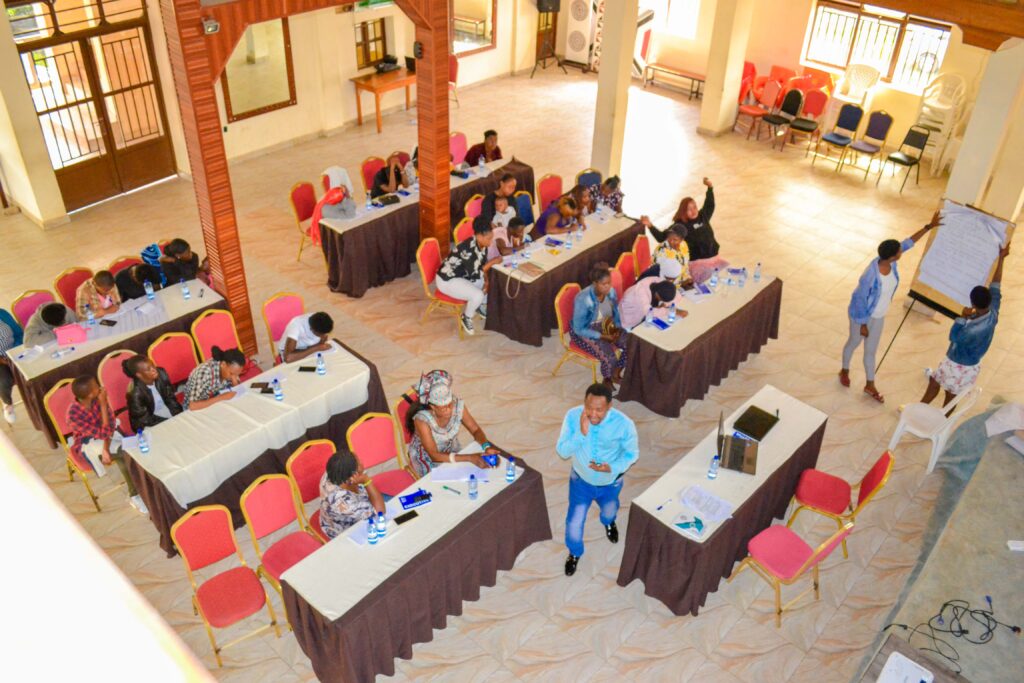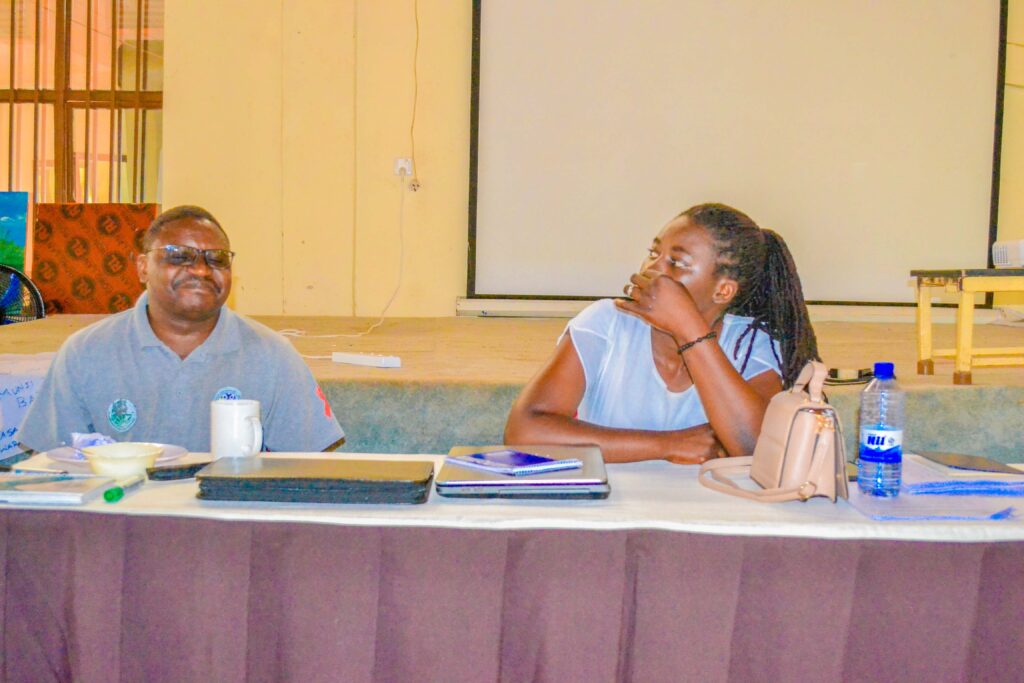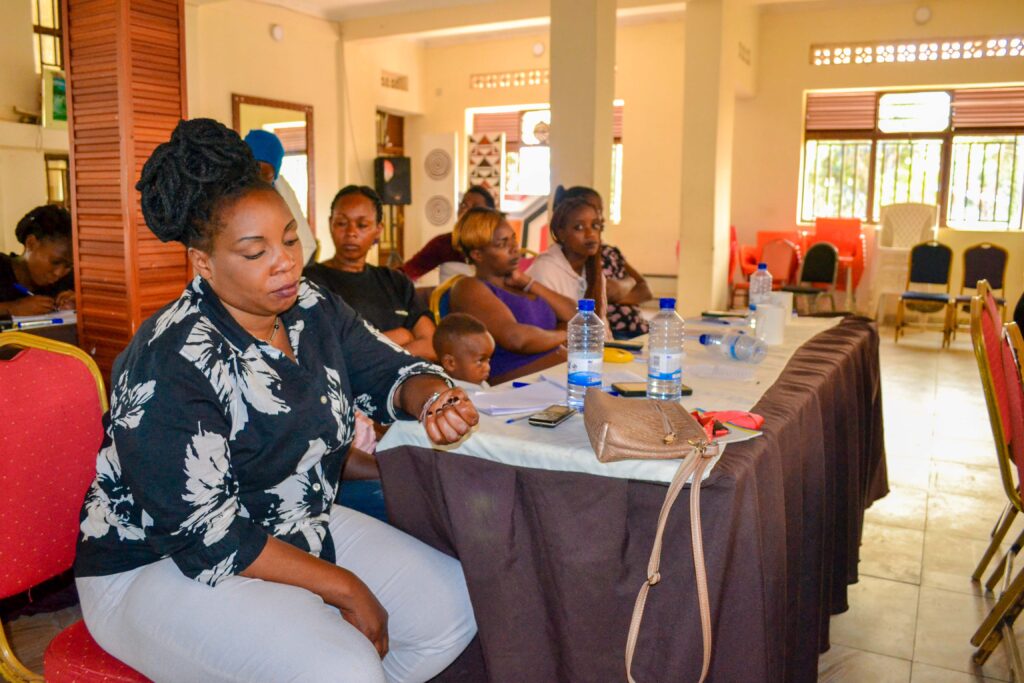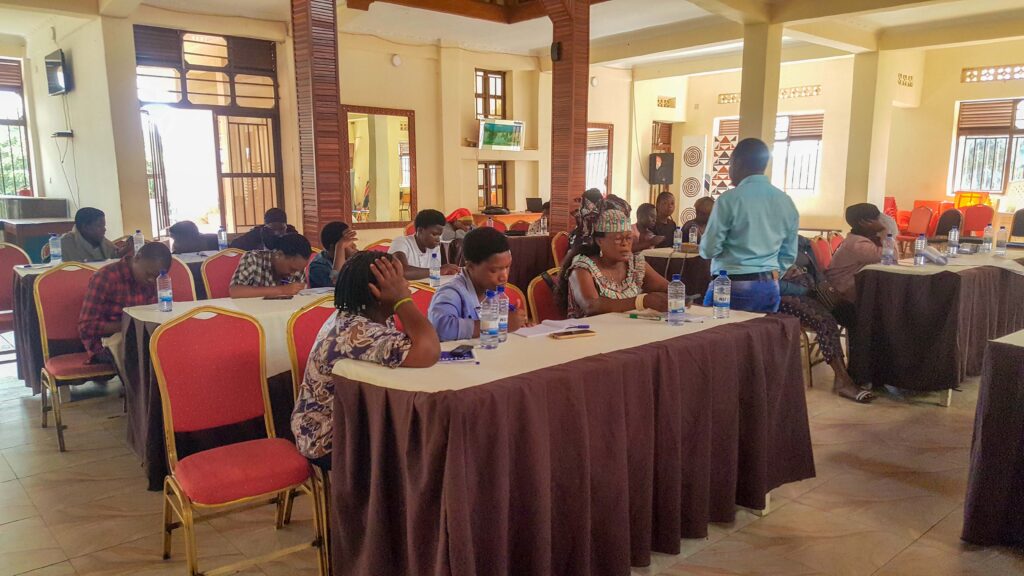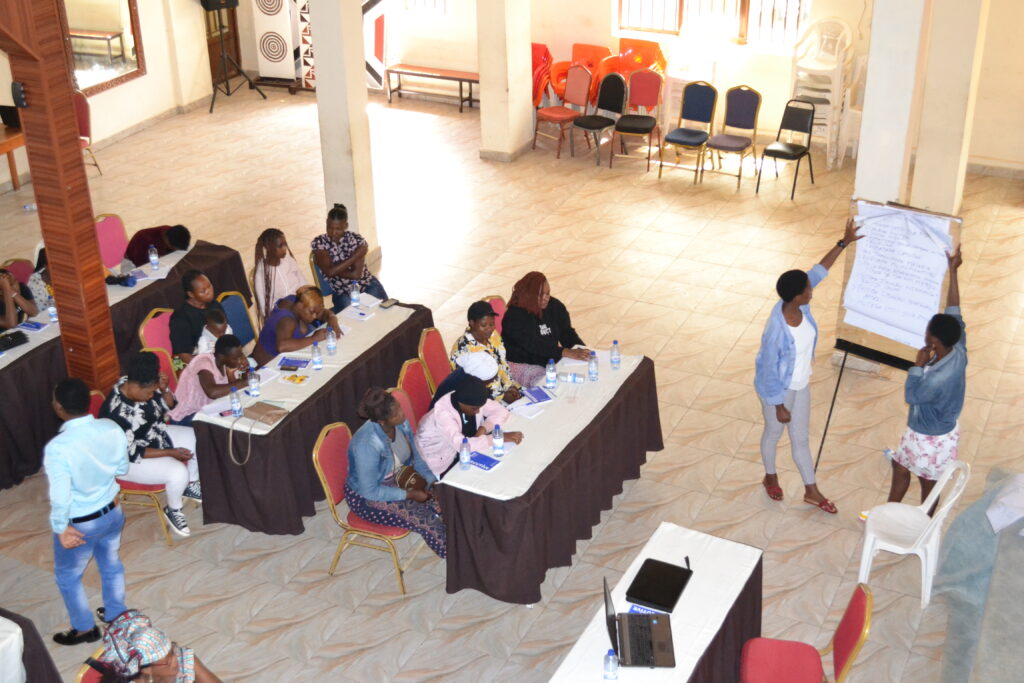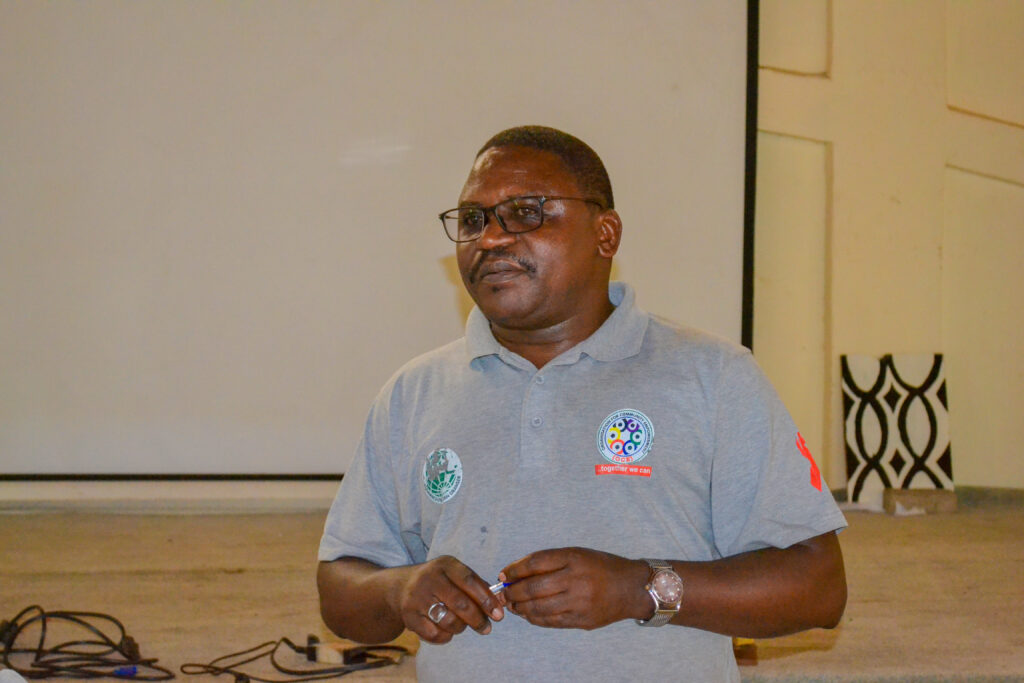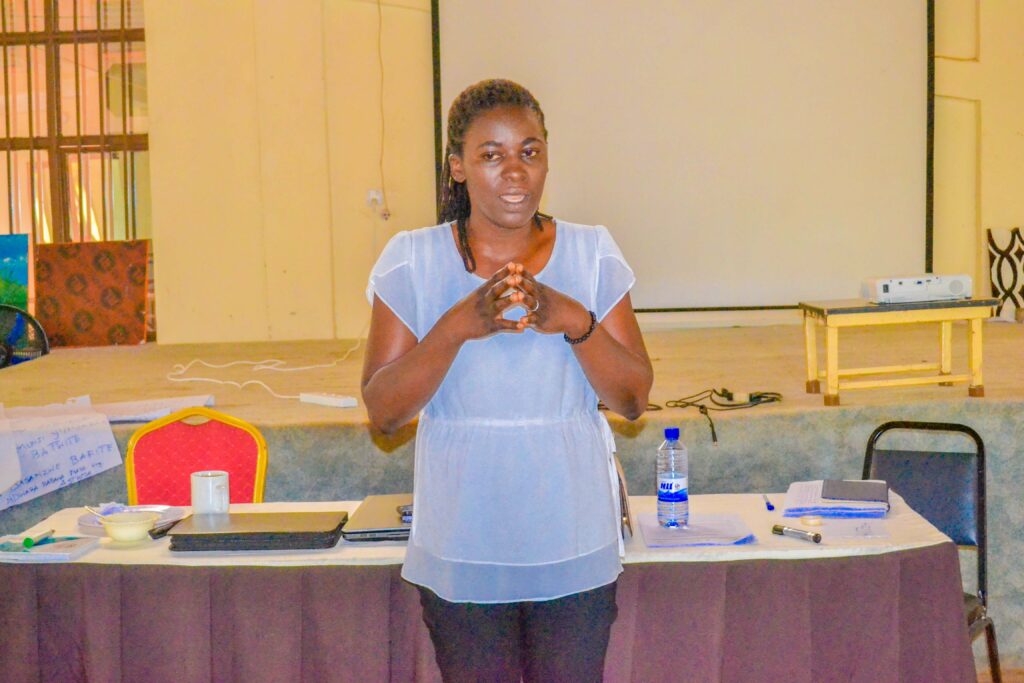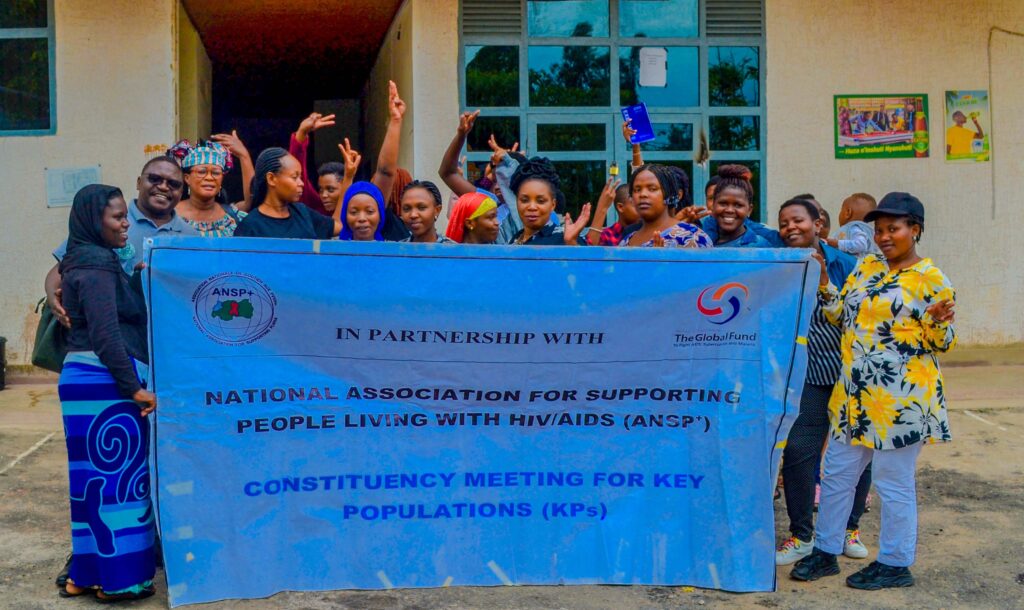In the shadows of society, female sex workers navigate a challenging landscape that often takes a toll on their mental health.
It was revealed by the key population from Muhanga District, Southern Province, during the two-days training organized by ANSP+ in partnership with Rwanda Biomedical Center (RBC) under the support of the Global Fund.
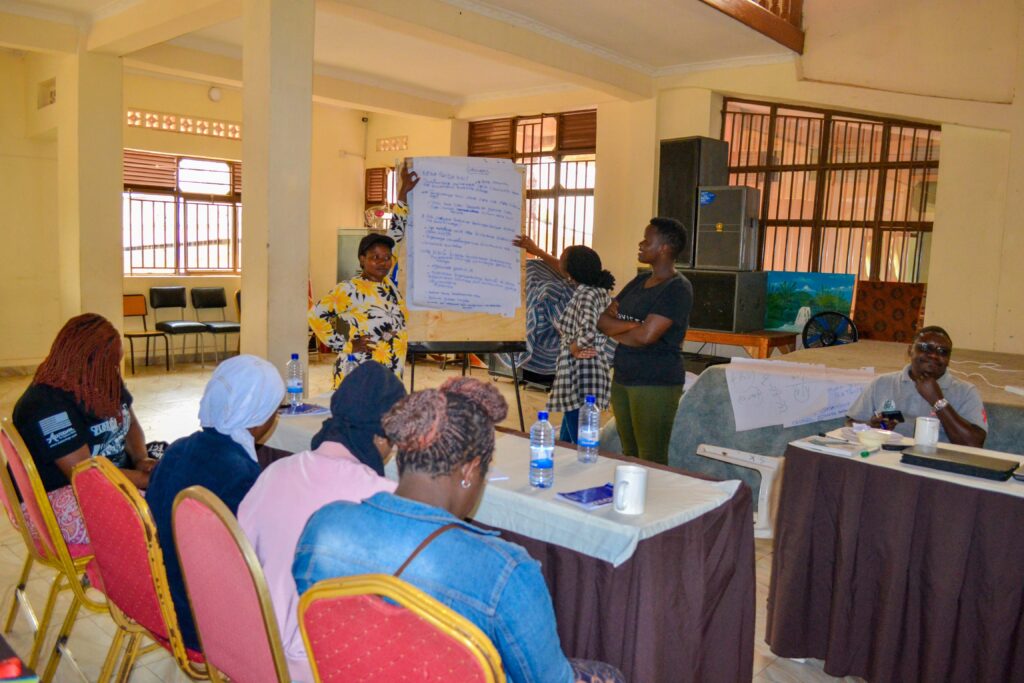
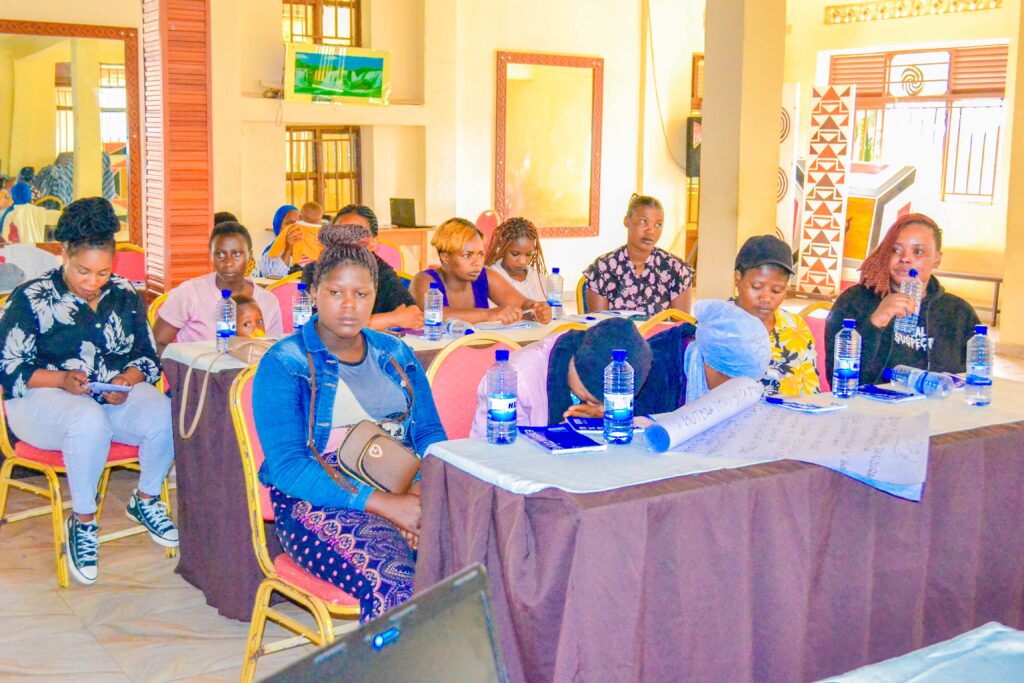
From stigma and discrimination to violence and precarious working conditions, these women face a myriad of obstacles that can have profound impacts on their well-being.
Beneficiaries said that one of the primary issues faced by female sex workers is the pervasive stigma surrounding their profession. This stigma can lead to feelings of shame and low self-worth, contributing to mental health issues such as depression and anxiety. It can also act as a barrier to seeking help, as many fear judgment or mistreatment from healthcare providers.
Moreover, the nature of their work exposes them to various forms of violence, including physical, sexual, and emotional abuse. These traumatic experiences can result in post-traumatic stress disorder (PTSD) and other mental health disorders.
The lack of legal protections and social support systems further compounds these challenges. Many sex workers face exploitative working conditions, with little recourse for protection or support. This lack of stability and security can further exacerbate mental health issues.
These beneficiaries address these challenges, by urging that there is a need for comprehensive support services that cater to the mental health needs of female sex workers.
This includes access to mental health counseling, support groups, and interventions to address trauma and stigma. Additionally, policies that protect the rights of sex workers and reduce stigma can help create a more supportive environment for those in the industry.
It is crucial that society recognizes the humanity of female sex workers and works towards creating a more inclusive and supportive environment for them. By addressing the mental health challenges faced by these women, we can help them lead healthier, more fulfilling lives.
Following are photos that can help you picture the workshop:
